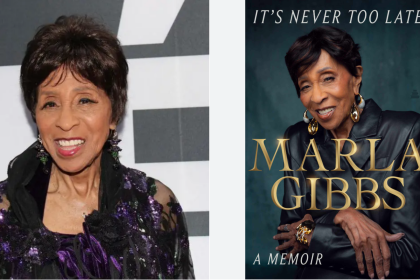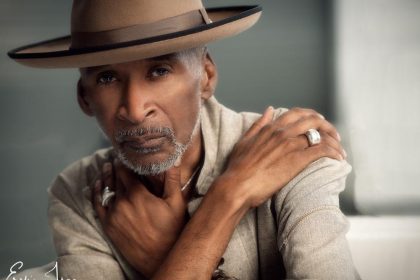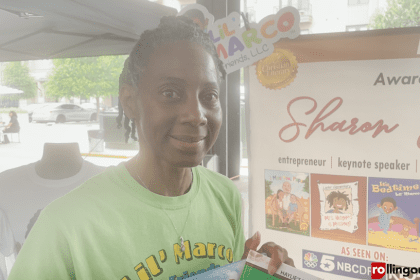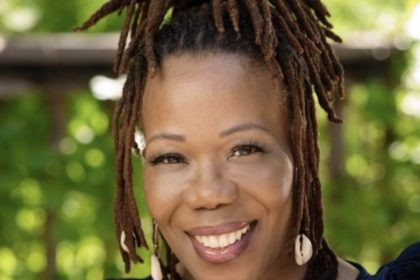Hattie McDaniel was a force in the entertainment industry and paved the way for many actresses today. In The Queen of Sugar Hill, author ReShonda Tate tells the story of the first Black person ever to win an Oscar for her role as Mammy in the critically acclaimed classic Gone With the Wind and the trials and tribulations McDaniel went through during those times.
What inspired you to write this book?
I saw Gone With The Wind and I was repulsed. I was looking at it with my grandmother, and I did not like the portrayal of Mammy. At the time, I didn’t know I wanted to be an author, I was a little girl, but over the years, my grandmother got me to see her in a different light. I just became fascinated with her. Over the years, I decided to research her more and more, and finally a few years ago I was like, “My eyes have been opened about this woman, how can I open eyes for others?” That’s why I decided to write the book.
How would you describe Mammy in Gone With The Wind?
Mammy is the maid in Gone With the Wind, which is basically a slave movie. She lives on the plantation. She was heavyset, she was extra, so for me, it was a stereotype. It was a reinforcement of these negative stereotypes and my grandmother said, “Why don’t you like Mammy?” I said because she’s acting like a maid and she’s so stereotypical. My grandmother said, “Well, what’s wrong with being a maid? I’m a maid. I’ve given you a good life by being a maid.” I thought about it, and then she said, “Besides, she’s playing the only role she can.”
She would have loved to play Wonder Woman or Cary Grant’s love interest, but those weren’t the roles they were giving to actors like her in that day. She played the hand that she had been dealt, and she played it well enough to open doors for other actors of color.
What do you think Hattie McDaniel has done for women of color in the entertainment industry?
She knocked the doors down. Prior to her role in Gone With the Wind, they really didn’t give Black actors much credit. The biggest Black actor at the time besides Hattie McDaniel was Stepin Fetchit and he was hated, but she felt you had to be at the table to make change. We’re so used to vocal advocates, the civil rights activists of the ’60s who were loud and said “I’m Black and I’m proud.” Hattie decided to make changes in other ways by being at the table, and because she was at the table, we have the Mo’Niques of the world, the Halle Berrys of the world, and she opened the doors to make that happen.















